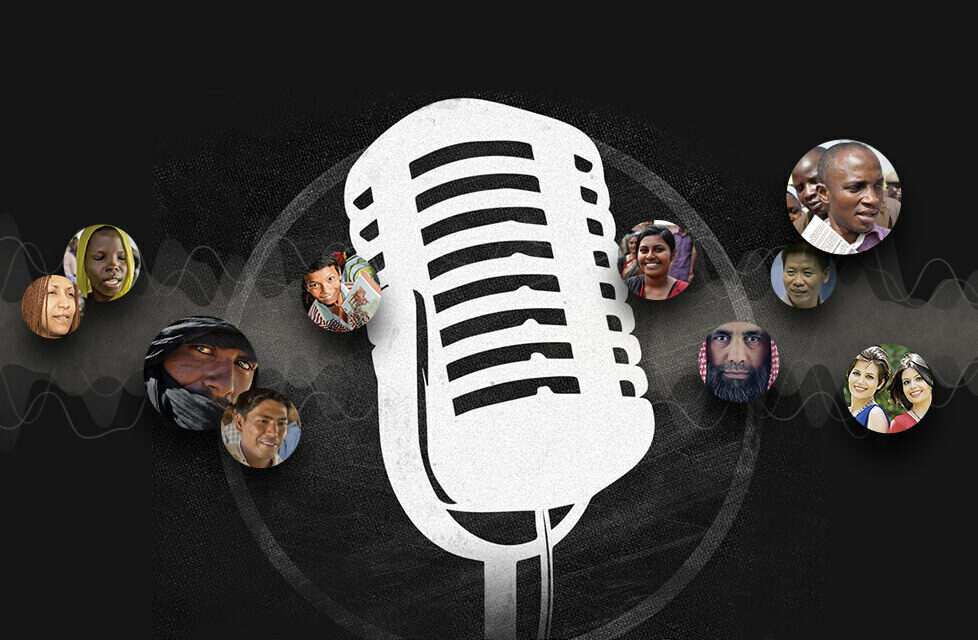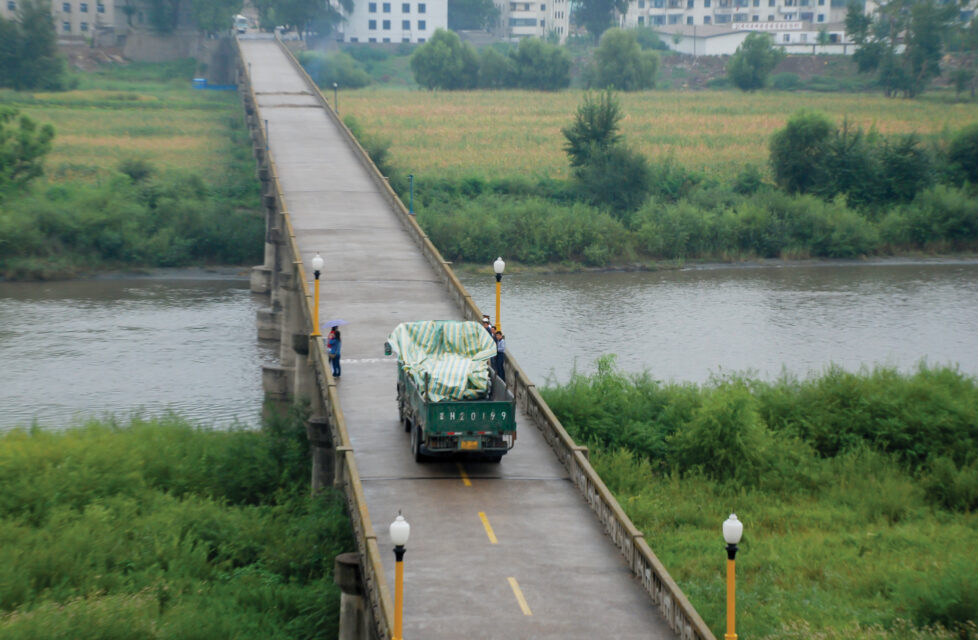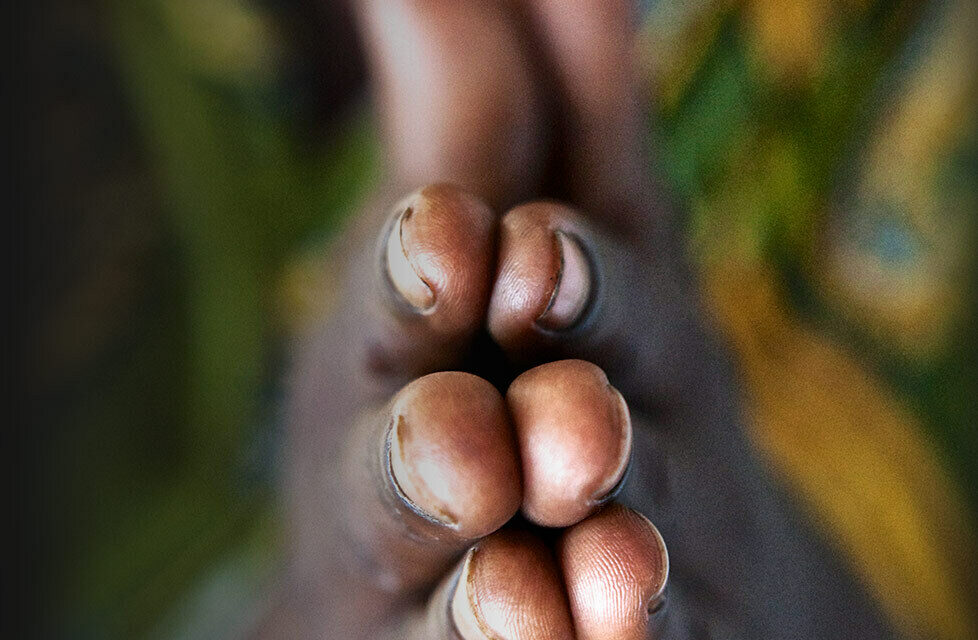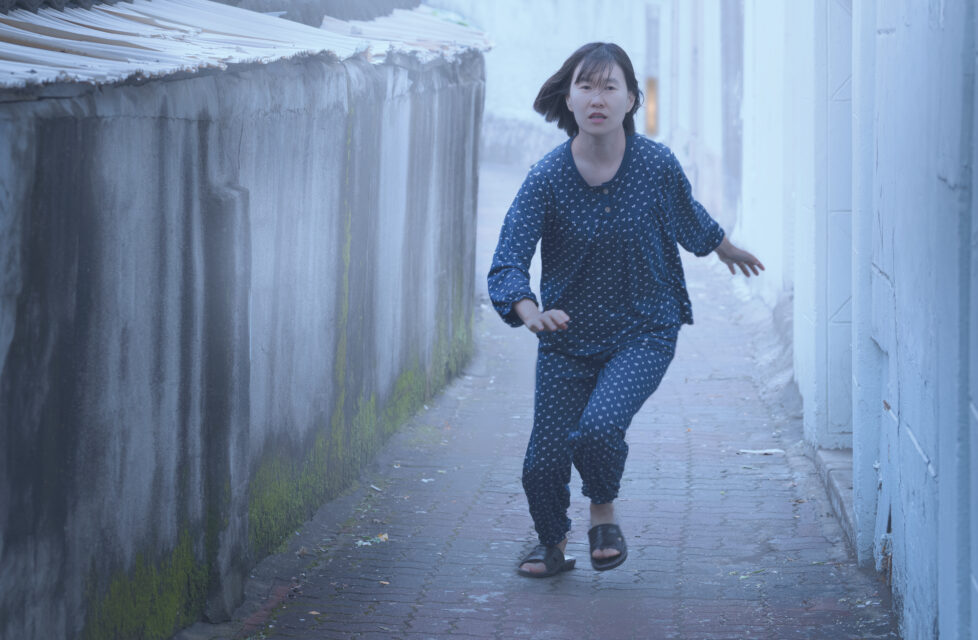Malik knew the missionary was a kind man. He felt badly that this kind man was going to hell. Malik, a member of the Fulani tribe and the son of a Quranic scholar, decided he would convince the Christian missionary to become a Muslim, so that he could go to paradise. The missionary refused to convert and told Malik that there were mistakes in the Quran. Malik set out to prove him wrong. He began to carefully study and compare the Bible with the Quran. He never did convince the missionary to accept Islam. Instead, Malik read through the Bible ten times, found truth in Jesus Christ and made the decision to follow Him. It was not a decision his Fulani family would easily accept. Family members told Malik he had shamed the family, and that if he didn’t return to Islam within three days they had the right to kill him. Malik says he was ready to die rather than renounce his new faith. Thankfully his life was spared. Listen as Malik shares his amazing testimony—and talks about his work now with Spirit of Martyrdom training pastors and evangelists to work in many parts of Africa, reaching more Muslims for Christ and sending out more gospel workers. Part of that training is preparing new Christians to stand up under persecution. Malik will also share specific ways to pray for God’s work among the Fulani people in Nigeria and other nations of west Africa. Never miss an episode of The Voice of the Martyrs Radio! Subscribe to the podcast.
Read Morea dangerous secret Once fearful of even seeing a Bible, a former North Korean border guard now embraces it. Nearly every day for 11 years, Park Chin-Mae dutifully monitored North Korea’s border with China. From 8 a.m. to 10 p.m., he watched for North Koreans attempting to defect or smuggle contraband into the country. Chin-Mae took pride in his work as a border guard, even though he was guilty of the same illegal activities for which he arrested others. Like many North Koreans, he relied on illegal smuggling simply to survive. becoming the enemy When another guard reported Chin-Mae’s smuggling ring, he spent 60 torturous days in prison. And he hadn’t even smuggled the most dangerous item into the country — a Bible. “Those who let Bibles into North Korea had a more severe punishment than someone who kills people,” Chin-Mae said. For Chin-Mae, getting caught smuggling meant being reduced from a respected soldier to a worthless prisoner. For the first 10 days, he was forced to stand in a bowing position and was allowed to move only to use the restroom. If he moved, even during the night, he was beaten mercilessly with a wooden baton. For the next
Read MoreAli is a schoolteacher in Central Asia. He became a Christian recently, and he was excited to share the good news with one of his colleagues.
Read MoreSita is a 65-year-old woman and the only believer in her family. She was an active member of the church, but three years ago, her son married a woman who is aggressively opposed to Christianity.
Read MoreRami Ayyad, who operated the only Christian bookstore in Gaza City, was abducted and brutally murdered by Islamic extremists in 2007. At the time, his wife Pauline was pregnant with their third child. Not long after Rami was killed, Pauline and her children left Gaza and sought safety in the West Bank city of Bethlehem.
Read MoreOne of the unexpected shared characteristics of the biblicalrecords of Jesus’s life and the spread of the gospel is the almostpainful and sometimes humorous honesty of those recordingthe events. Mark, also known as John Mark, “signed” his gospel with anembarrassing footnote in chapter 14 when he seems to have described hisown reaction to Jesus’s arrest. “And a young man followed him, withnothing but a linen cloth about his body. And they seized him, but he leftthe linen cloth and ran away naked” (Mark 14:51-52). We tend to justify John Mark’s qualifications to record his gospelbased on the tradition that he based his writings on Peter’s account ofJesus’s ministry. But events like the one above and the fact that Mark’shome in Jerusalem was used as a gathering place for the early churchcertainly place this young disciple in the center of history as an eyewitness. The clipped and almost breathless format of Mark’s gospel (his favorite connecting phrase is “and then”) combines all the action of a storyteller’s style with a young man’s impatience to get the story told. Mark knew the people about whom he was writing. He may not have been part of all the events, but his personal awareness
Read More210 million people in Bhutan, Sri Lanka, Nepal, Bangladesh, and the Maldives have yet to hear who Jesus is. Almost all the major world religions—including Buddhism, Hinduism, and Islam—compete for the hearts and minds of people in these countries. Christian persecution is a regular part of following Christ. Pastors have been martyred for their faith, believers beaten and imprisoned, missionaries expelled, and churches burned or bombed. Tim and Dawn are gospel workers in the region, helping guide gospel efforts and workers. Listen as they unpack what it looks like to follow Christ in South Asia—and how we can pray for gospel advance in the region. Listen to hear how Christians in Sri Lanka responded to the Easter Sunday church bombings in 2019, and how recent political turmoil in that country has affected their work. They will also equip listeners to pray for persecuted Christians in other nations of South Asia. What has God put on your heart to do? Has he stirred up your heart for missions work in another country? Tim and Dawn say there’s a reason the Lord placed a particular people group or place on your heart. They will share practical next steps to explore God’s leading into missions. You can see opportunities to serve in their region at the Southern Asia Access web site. On the first Sunday in November, churches around the world will mark The International Day of Prayer for Persecuted Christians. You can join in prayer with your family, friends and church. Learn specific ways to pray by downloading free resources here, including a video telling Rebecca’s inspiring story from Nigeria. Never miss an episode of VOM Radio! Subscribe to the podcast.
Read MoreChoon-yei was born into a comfortable and secure family, by North Korean standards. Her father was a military officer, and her mother was a housewife. Since family background largely determines the future for North Korean citizens, her family could expect a good life. In 1995, however, just a few years after Choon-yei’s birth, North Korea experienced the worst famine in its history. Millions died of starvation. And even though her father was a military officer, Choon-yei’s family received only two fistfuls of corn flour each day — not nearly enough to feed a family of four. In desperation, they gave up on the government’s ability to provide for them and began dealing on the black market. But the extra corn flour that her mother had obtained from a relative and sold illegally still barely provided for their family. “Any North Korean who survived that time period is a living miracle,” Choon-yei said. “North Koreans had to break the law just to eat a meal. State security agents would confiscate anything they uncovered on the black market and eat it themselves.” The famine was just the beginning of Choon-yei’s suffering. Her parents died when she was in her early teens, and
Read MoreA large family in Lalu village, Madhya Pradesh, India all became Christians about 15 years ago. One Sunday in February, while the whole family was at an early church service, a neighbor ran in to report that their house was burning.
Read MoreTwo Christians were rejected because of their faith. Yacouba was hit by a car and paralyzed. He followed Christ after Christians in his village prayed for him and he was healed. Yacouba’s father then wanted to kill him, so he fled to a local church.
Read More




